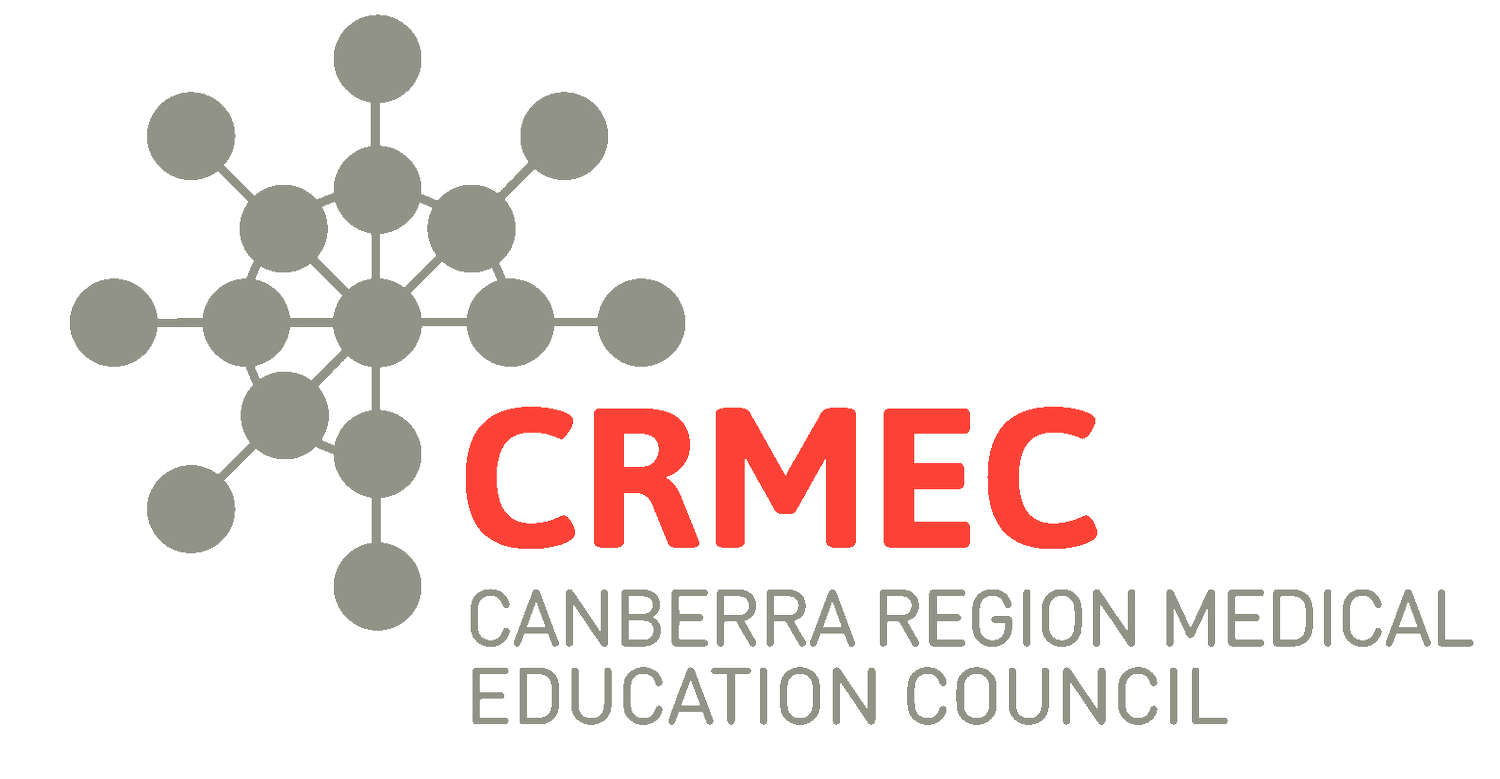Transitioning to Medical Internship
The transition from medical school to internship (the first postgraduate year, or PGY1) in Australia is one of the most demanding shifts in a doctor’s training. It marks the move from supervised learning to being responsible for patient care, within a complex health system that may be unfamiliar.
Some of the key challenges for new PGY1 doctors, and some of the resources we recommend include:
Clinical Responsibility and Decision-Making: Being a new doctor brings a lot of responsibility but remember - you are not expected (or qualified!) to do everything. Prevocational doctors work within a supervised framework and within a scope of practice. Remember - safety for patients and yourself is a number one consideration - speak up if you experience something that is unsafe. Attend your mandatory Speaking Up for Safety training so you feel confident to raise the alarm should it be required. Completing the Entrustable Professional Activities will help you build your competence and confidence across the duration of your prevocational training. Use these activities to identify your strengths and areas for more work.
If you are an International Medical Graduate, make sure you are aware of the Medical Board of Australia’s supervision guidelines.
Workload and Time Management: Managing the workload is a key concern for most prevocational doctors. If you feel swamped you are not alone. Work with your colleagues as a team. If the workload in your term is very high, talk to your Prevocational Medical Education Officer or DPET to discuss if the term requires some structural changes to help you and others with the workload.
Knowledge and Skill Gaps: The DPETs in the ACT training region have a reputation as being exceptional educators. Your formal education program will help you build on your medical school knowledge. Reviewing your term description regularly throughout the term will help you identify learning opportunities in your day-day work, and to reflect on the identified learning objectives. The learning objectives defined in Canberra Hospital term descriptions were developed by JMOs who have completed that training term, so they are likely to reflect what other prevocational doctors have learned on the job. CRMEC has produced a handy guide to understanding term descriptions.
Interprofessional Communication: CRMEC has developed JMO Contact Cards to help new interns with the contacts for all the most used resources in health services in the training region. Developed by JMOs for JMOs, our JMO Contact Cards are designed to sit behind your hospital identification card, so you have phone numbers for referrals, departments, supervisors and educators at your fingertips. CRMEC distributes JMO Contact Cards during the formal orientation at the commencement of the internship year (you can also pick up a card from your DPET, or contact the CRMEC Office).
Emotional and Psychological Adjustment: CRMEC has developed a wide range of resources for junior doctors on workplace culture, cultural safety, and bullying/harassment/decriminalization. Our resource pages also includes links to other support opportunities.
System and Bureaucracy Challenges: The is a particular challenge if you are coming to Australia or Canberra for your first training term. Take the opportunity to attend orientation sessions. The Digital Health Record is a big challenge, and your orientation will step you through using the DHR so you feel more confident when you start on the wards. The CRMEC JMO Contact Cards also help you negotiate appropriate referral pathways.
Career and Professional Identity Development: The JMOA/F organise career development sessions throughout the year. Don’t be concerned if you don’t know where your career in medicine is taking you - your prevocational years are a fabulous opportunity to try on different specialties and find the right match for you. Research by members of CRMEC shows that the majority of prevocational doctors do not end up pursuing careers in the area they thought they would when they were in medical school. If you are looking for something different - why not apply for a CRMEC Committee? You can develop your skills as an educator, or in health service accreditation.
